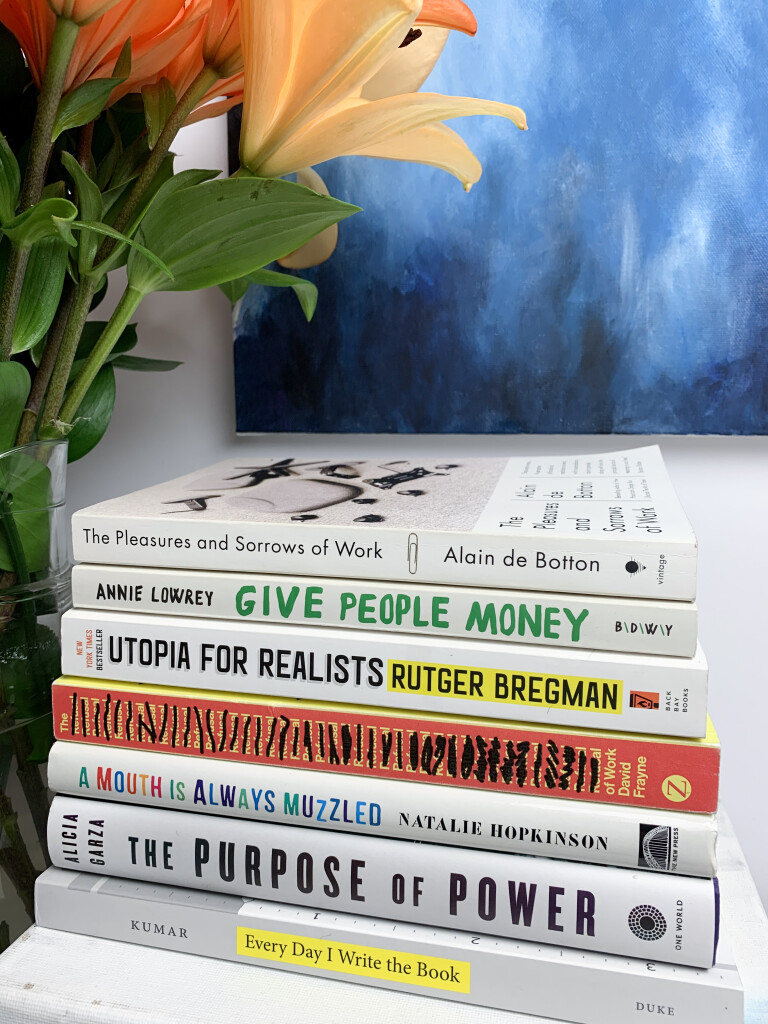
I’m a little behind in sharing my November book list, but here we go!
I started the month out with The Refusal of Work by David Payne. Like The Problem with Work that I read last month, this is an academic look into work itself, though written in a slightly more readable style. What struck me as funny about this book (even though I really enjoyed it) was when Frayne started interviewing people from outside academia who were participating in the refusal or work, where it became clear just how entrenched he is in academia. He mentioned a woman who had left a high-profile corporate job to become a freelance photographer as if she were an anomaly, but in the world of online entrepreneurship that I’ve inhabited for the last decade plus, that’s perfectly normal! Still, it was an interesting read for sure.
I read A Mouth is Always Muzzled, a book about the intersection of art and politics in Guyana, on the day after the US election, and I have to admit it made me feel a little calmer. (Reading about the challenges of another country can do that.) I will admit I knew very little about Guyana before reading this book (I had to look it up on a map!) and I had no idea (though wasn’t surprised) to about the ways the US had meddled in it’s politics. Still, it was a quick and interesting read about the ways that artists and activists are helping shape the politics landscape there.
Speaking of activists shaping the political landscape, the next book I read was The Purpose of Power by Black Lives Matter cofounder Alicia Garza. For anyone who is interested in shaping change beyond just creating a hashtag, this book is a must read, as Garza shares her long history of activism and the work that went into making BLM a legitimate political force and not just a social media trend.
After reading a lot of academic books on the refusal of work, I really wanted to approach the subject from a more readable angle, so I decided to read Give People Money, a look into the Universal Basic Income movement by Annie Lowery. If you’re looking for a well rounded argument about the ways UBI can work across the globe, this book is a great place to start.
I started out reading Rutger Bregman’s more recent book, Humankind, after hearing him described as a more politically radical Malcolm Gladwell. But despite being a book about how humans are inherently good, I found it rather depressing. So I switched to Bregman’s book on the politics of work, Utopia for Realists, which explores UBI and shorter workweeks and really lays out strong ideas with potential for change. If the idea of resisting work is interesting to you, but you don’t want to read dense, academic texts, I’d highly recommend Utopia for Realists.
After Utopia for Realists, I took a little break from reading about work to read about writing. As someone who has been slogging through some dense, academic texts lately (and who came from academia) I found Amitava Kumar’s call for more readable academic writing in Every Day I Write the Book absolutely refreshing. For anyone coming out of academia, I’d add it to On Writing Well as a must read for learning to write more like a human.
I ended the month my approaching the politics of work from a more philosophical angle with The Pleasures and Sorrows of Work. I loved Alain de Boton’s books The Architecture of Happiness and Art as Therapy, so I was happy to read his book on work. This book profiled a range of professions (including a painter) and it was an interesting exploration of the different ways people think about work.
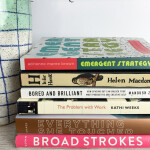
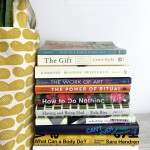
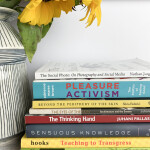
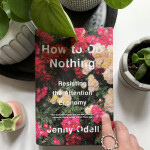
Leave a Reply